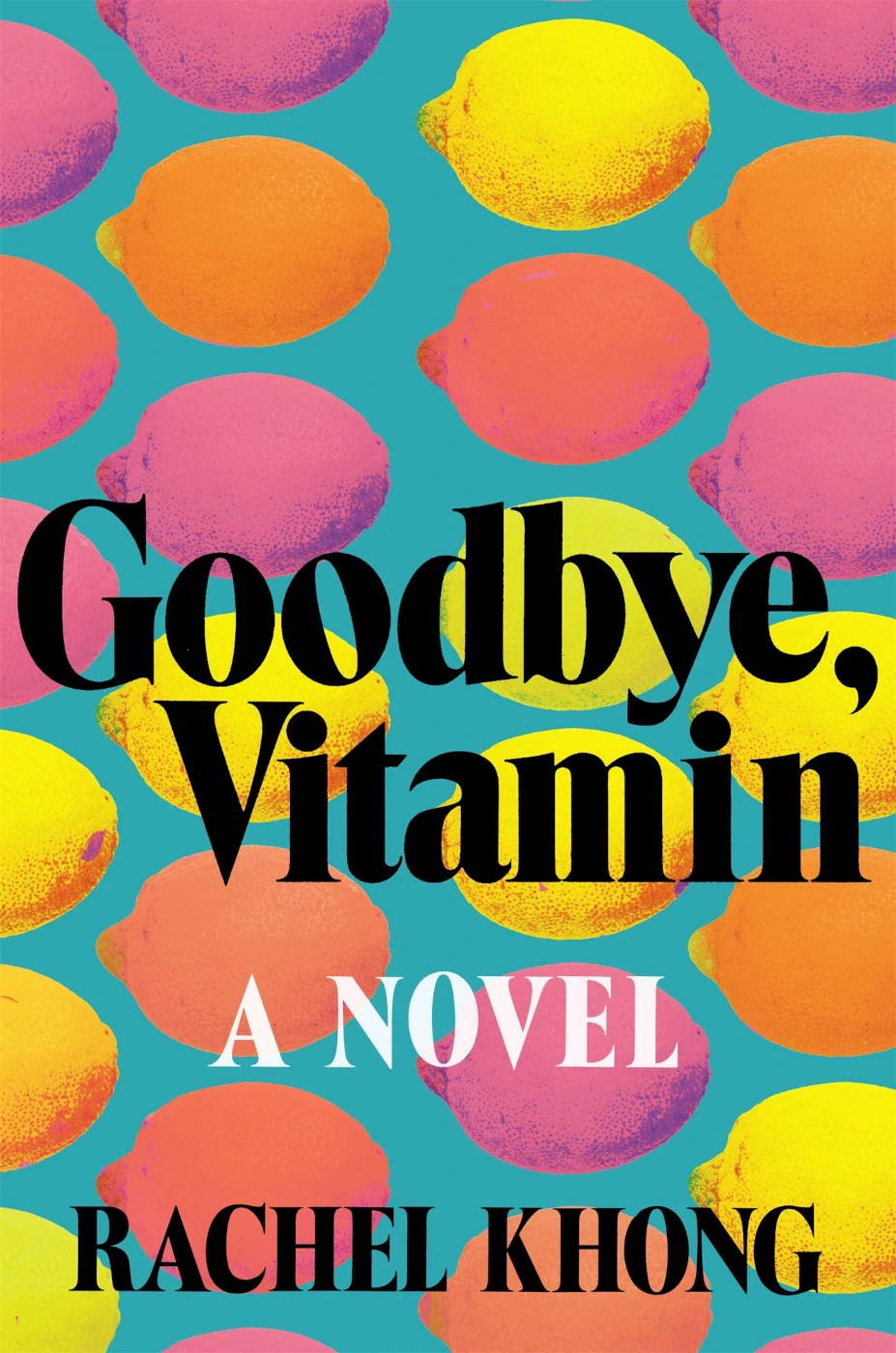
Goodbye Vitamin, by Rachel Khong
Words By Corrine Guichard
Part diary, part letter, part enthralling lecture, Rachel Khong’s debut novel Goodbye, Vitamin invites us into a year of Ruth Young’s life as she searches for beauty, humor, and absurdity in unexpected situations. Newly broken up with by her ex-fiancé, Ruth agrees to stay home for “just the year” to help take care of her brilliant history professor father, Howard, who is gradually and alarmingly descending into the grip of Alzheimer’s. Over a decade after first leaving home, 30-year-old Ruth finds herself adopting the domestic responsibilities and confusing trials of taking care of her own parents, and as her mother begins to spend more and more time away from home, she uncovers the dark reality of her father’s alcoholism and affairs. When Howard’s condition worsens, Ruth, together with her mother and brother, prepare for the worst.
Though Khong’s topics are heavy, her voice remains surprisingly light. She tackles aging, loss, betrayal, and coming of age with the pithy absurdity of a deadpan romantic comedy. Khong’s ability to transform such a tragic experience into a hilarious and captivating novel is undoubtedly aided by the unfiltered intimacy of its form; Goodbye, Vitamin is told in diary-style entries, with Ruth’s experiences and memories relayed through her witty and surprisingly insightful observations.
Early on, her father shares with her a notebook he kept when she was young, in which he’d noted moments of innocence like, “Today, while I was changing your brother’s diaper, and putting baby powder on him, you burst into tears and begged me not to put too much salt on him.” After her father tells her to “write it all down, so I won’t forget”—referring to the sizes of lumber he needs for a project—Ruth exchanges her daily accounts for quick remembrances about her father. She mirrors his notebook, addressing him directly and limiting her reflections to the present. Through these observations, the reader watches Howard’s condition quickly plummet. Her observations transition from, “Today you said the sunshine was a stick of butter,” to, “An hour today, you spent shouting… You broke the legs off of your dining table chair. You smashed almost all of our drinking glasses.” In this touching role reversal, Ruth demonstrates her father’s regression in maturity and independence. Unlike Howard’s accounts of her adolescent learning, Ruth paints a portrait of her father’s unlearning, beautifully illustrating the importance of memory to humanize and connect us beyond the present. As Howard loses his ability to maintain his memories, Ruth works to preserve them, saying, “Here I am, in lieu of you, collecting the moments.”
As Howard’s degeneration quickens, the novel’s pace matches it. Ruth’s entries go from daily to monthly, flying through her last few promised months at home as though each erratic behavior was just another Tuesday dinner. One minute, she’s detailing the rather awkward but oh-so-endearing encounters with her unexpected romantic interest, and the next, she’s staring at a reflection of her mother, dropping such startling and terse observations as, “Her eyes have always made me think of pitted olives, the way they remind you—in case you’ve forgotten—that pupils are empty.”
Reading this book, I sometimes felt like I should be taking notes, as Ruth sprinkles history lessons and medical trivia into her daily musings. Between her father’s expertise on California’s past and her own internet research, Ruth is always learning, and she insists that the reader do the same. Even with the constant flow of educational details, Khong teaches us the most through moments of uncertainty and questioning. Alongside the characters, we struggle to understand the most basic concepts of life and death. After exploring an Alzheimer’s caretaker online forum, Ruth notes, “It’s a terminal disease, all the literature keeps saying. ‘But isn’t everything terminal?’ is what I say out loud to nobody.”
Khong’s writing is always running, so that by the time you have processed her latest profundity, she is three steps ahead and not looking back. Luckily, the narrator is graceful and forgiving; in the spirit of lost information, she accepts and expects that not every word of her prose will be permanently stored in your long-term memory. In her own words, “It doesn’t matter who remembers what, I guess, so long as someone remembers something.”